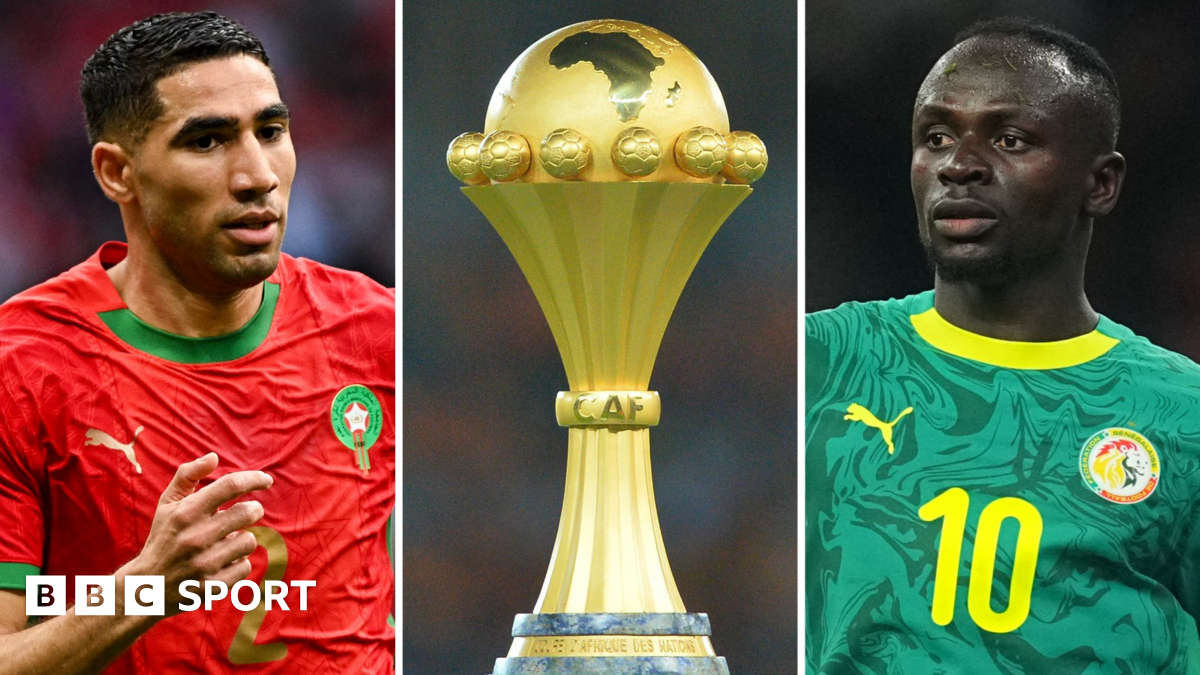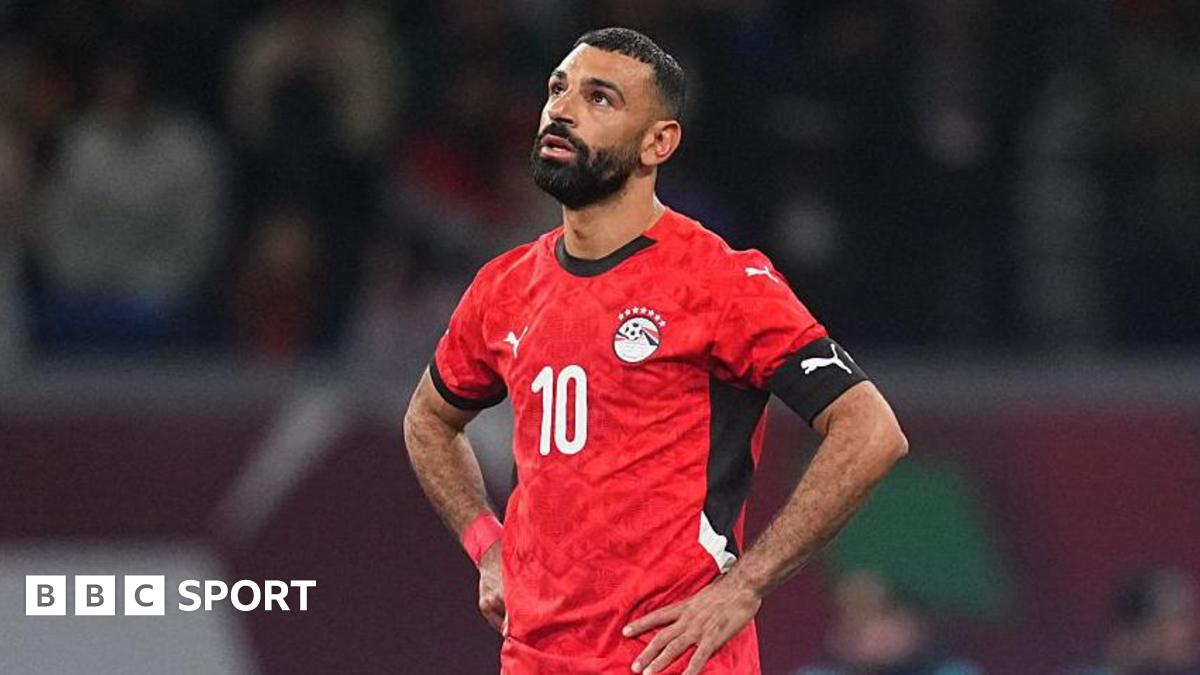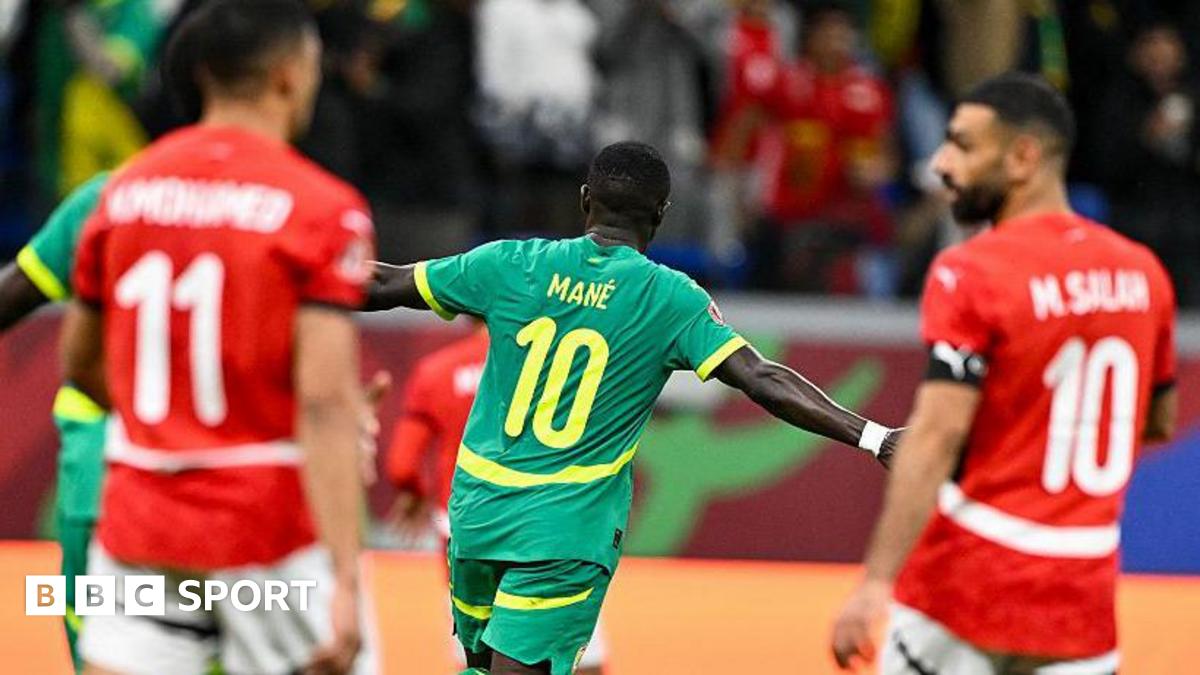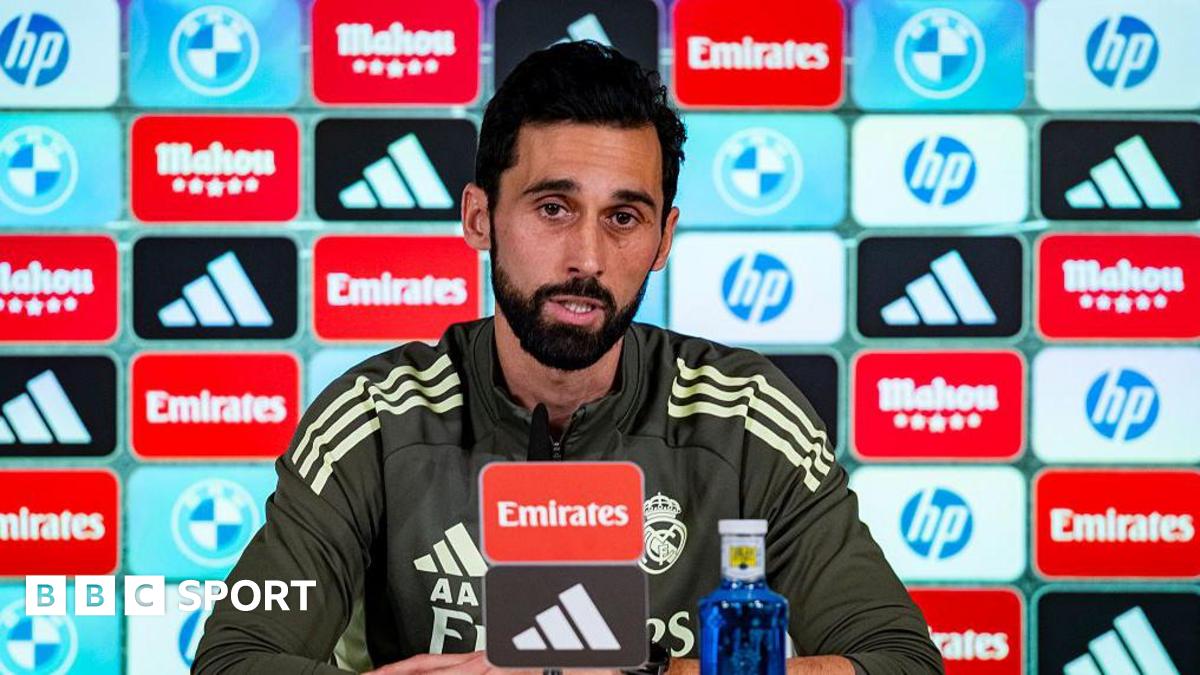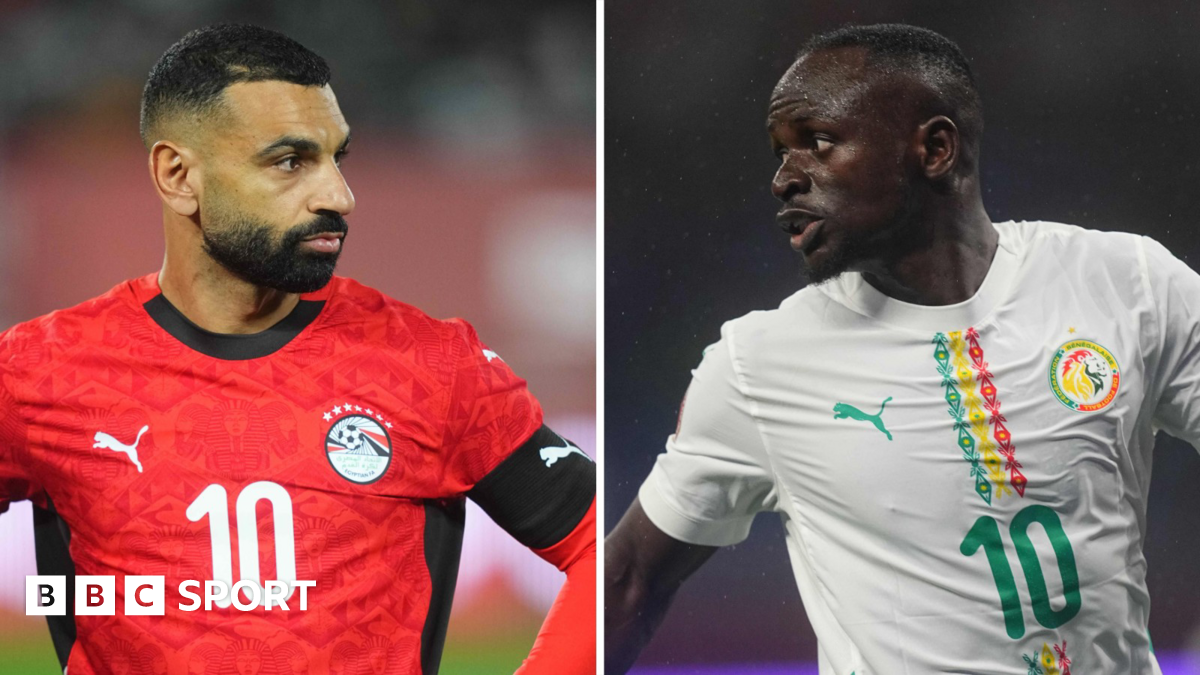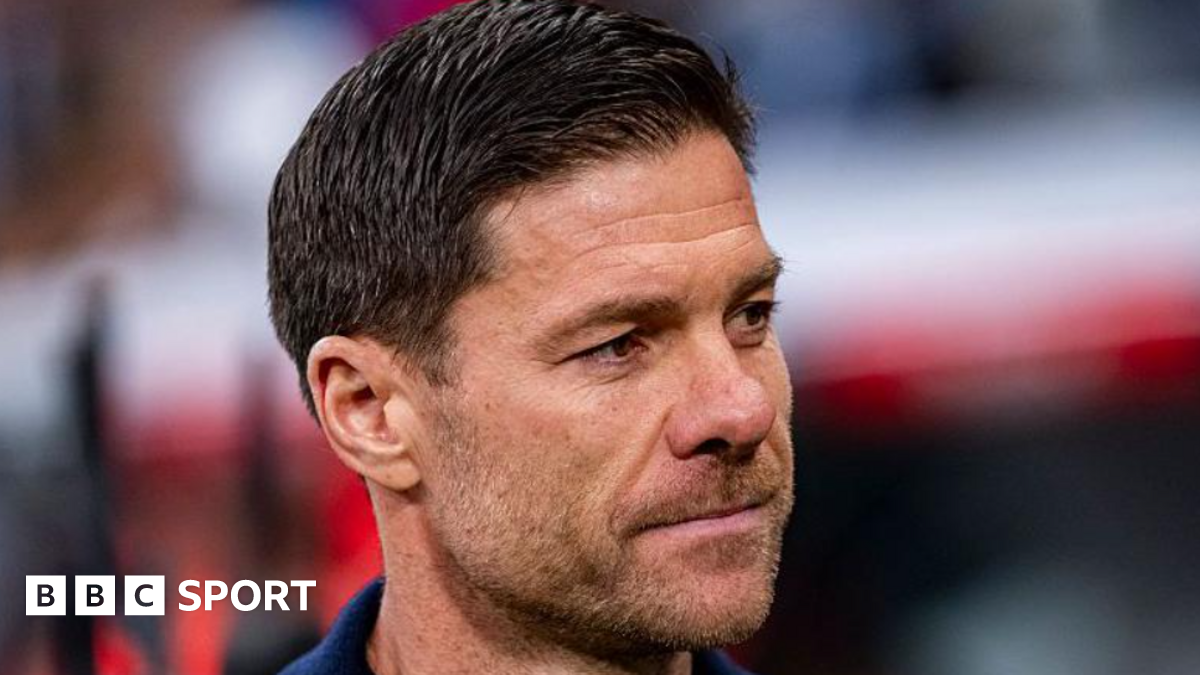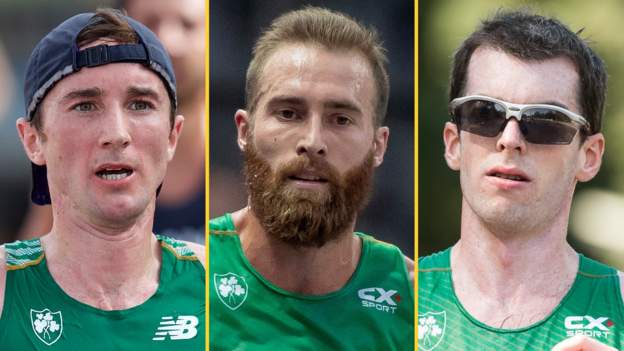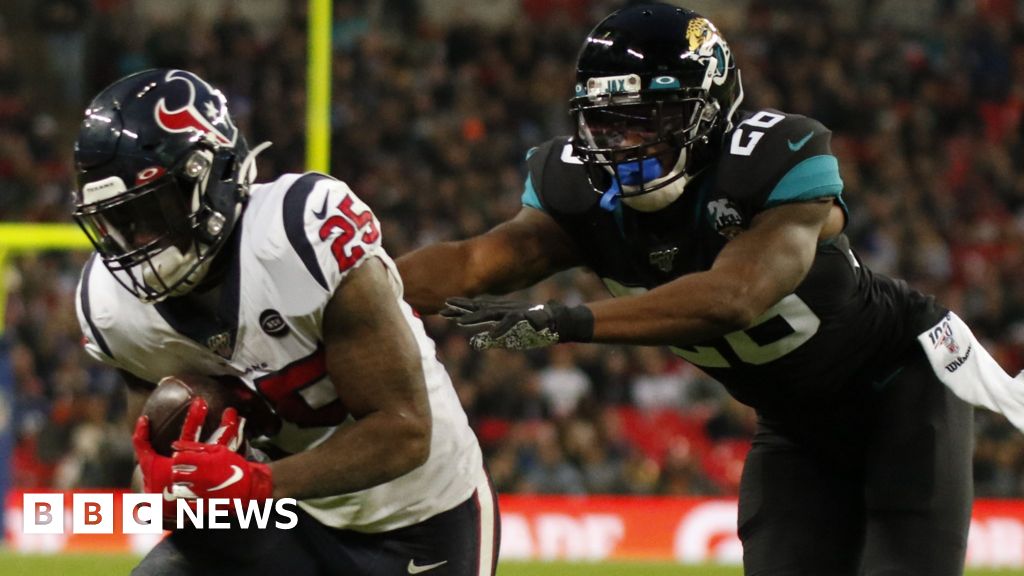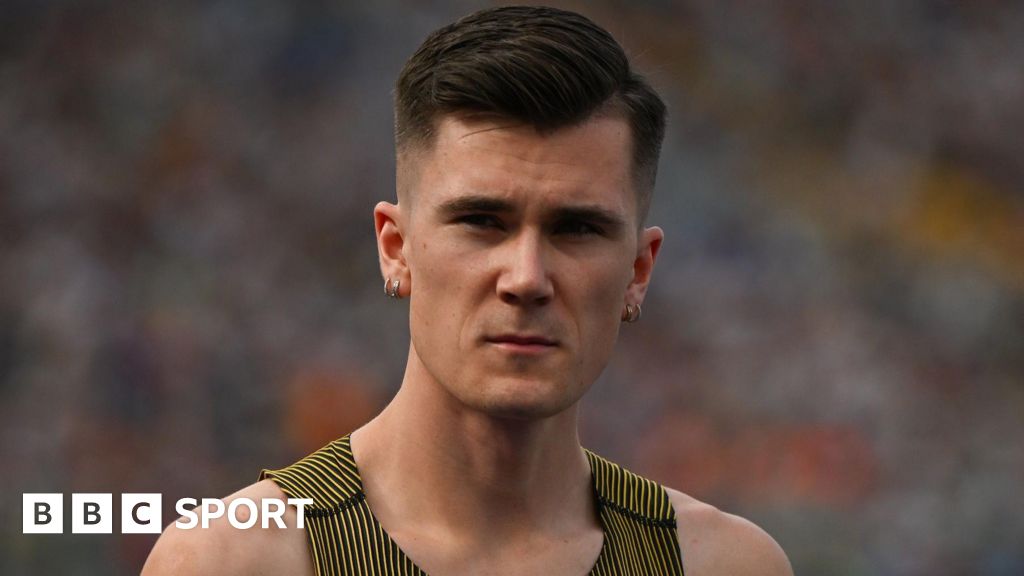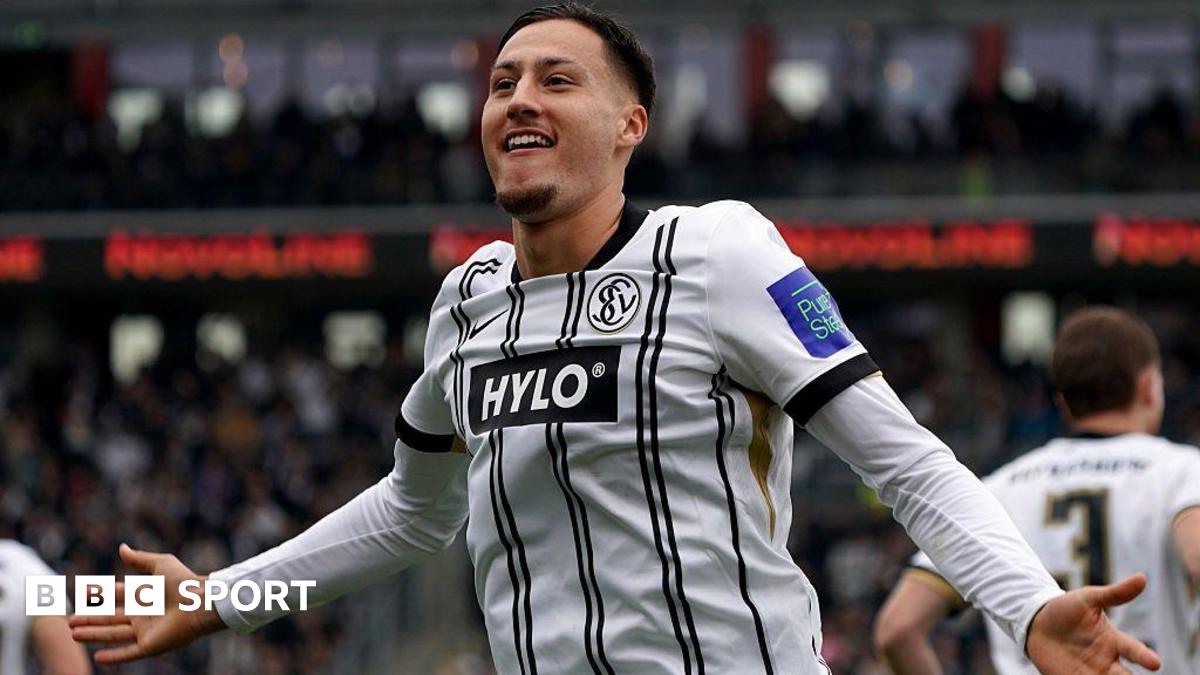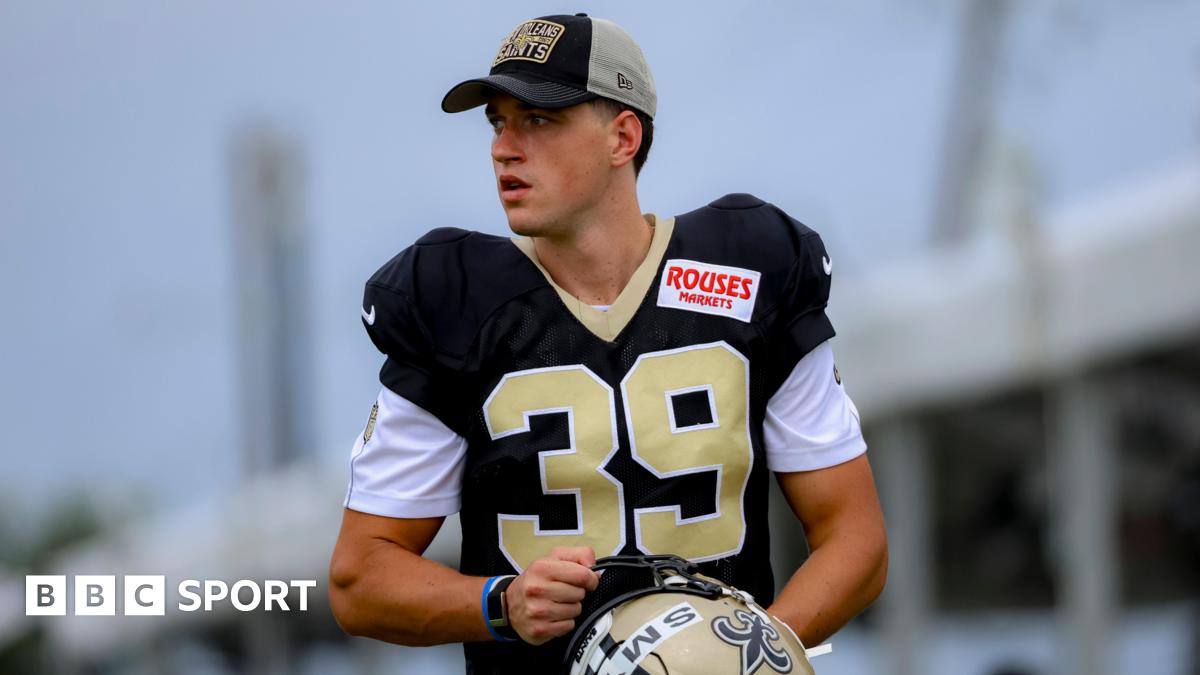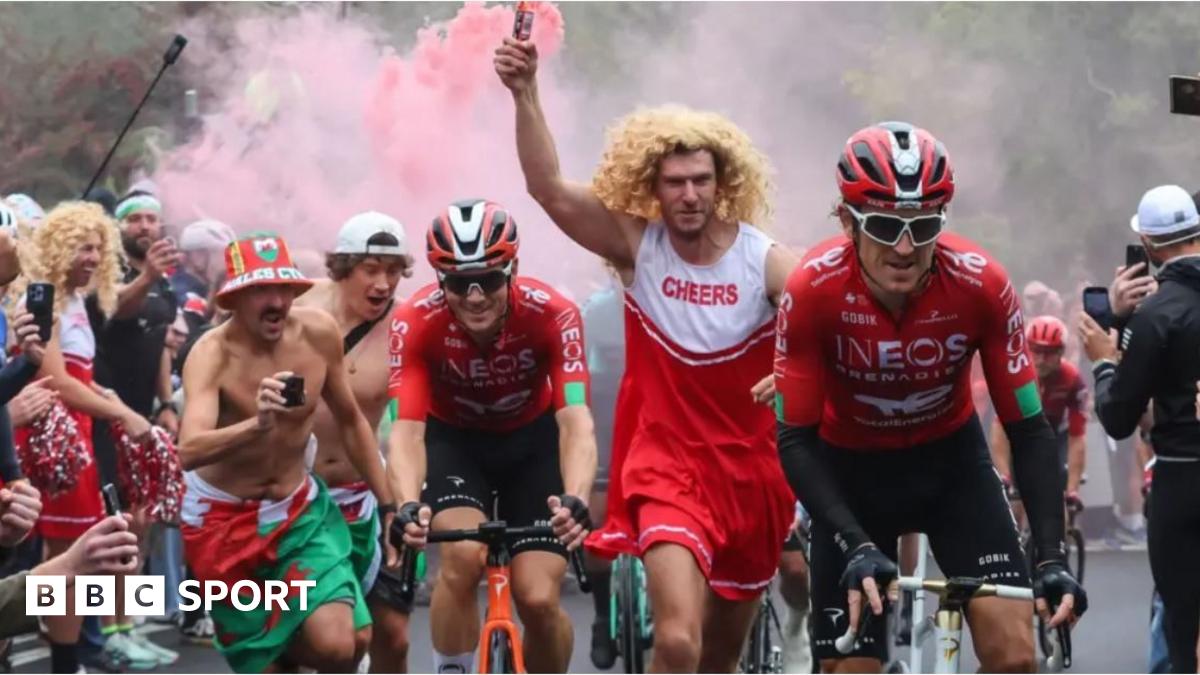Paul Pollock is not convinced the presence of an entirely Northern Irish trio in Ireland’s Olympic men’s marathon line-up can necessarily be attributed to the system in the province.
But he believes the selection can “shine a positive light” on the sport in this part of the world.
Having earned his first Olympic vest in Rio when he was top Irishman in 32nd place, the doctor, 35, became his country’s first men’s marathon qualifier for the Tokyo Games.
It followed a five-minute personal best and Northern Ireland record of two hours 10 minutes 25 seconds in Valencia on 1 December 2019.
Seven weeks later, Stephen Scullion secured qualification with fifth spot in the gold label Houston Marathon event.
The rush of Northern Ireland qualifiers, with a little bit of help from their footwear, was completed a month later when 35-year-old Kevin Seaward – who also made his Olympic bow in Brazil five years ago – bettered Pollock’s time by clocking 2:10.08 in Seville.
Not that the record-breaking feats had been concluded as Scullion, 32, regained the Northern Ireland mark he briefly held in the autumn of 2019.
Scullion became the second-fastest Irishman behind John Treacy with his 2:09.49 at last year’s London Marathon and he will compete in the event on the final day of the Games on 8 August after rowing back on his 10 July announcement that he had pulled out because of concerns over his mental health.
But was all this by accident or should we have seen it coming?
‘We’ve all been dotted around the world’
Not wanting to overtly play down Athletics Northern Ireland’s role, Pollock, who through the local governing body is able to use the Sport Institute of Northern Ireland’s back-up facilities at Jordanstown, is measured as he assesses the reasons for the trio’s qualification.
“I was based over in London for eight or nine years and Kevin has been in Loughborough for just as long, if not longer, and Stephen has been in America for quite a lot of his time and that’s where he has seen his big gains,” added the Holywood man, who – along with his two team-mates – received 12,000 euros of Sport Ireland funding this year to help with their Games preparations.
“We’ve been all dotted round the world, but you always know there is a good support network here. And definitely, in recent years, both Athletics Ireland and Athletics Northern Ireland have made great strides in terms of organisation from where they were at the beginning of my career.
“They are a lot more professional and there is a lot more communication involved. They have policies and guidelines in place to help athletes get to their best.
“Hopefully this enables a light to be shone on the fact three guys from Belfast are going to the Olympics, which is fantastic for the sport in Northern Ireland.”
Indeed, while iron man Scullion has been pounding the track, roads and dusty paths at his regular training base of Flagstaff in Arizona, Pollock insists Belfast has been working just fine for his build-up to the Olympic marathon, which will take place in Sapporo, some 500 miles away from Tokyo.
“In terms of my set-up, Belfast is perfect for me,” said Pollock. “I’ve got a two-year-old son now [Theo] with Sophie, my partner, and there’s SINI, the Sports Institute, so everything I need is here.
“There’s no need for me to uproot and try to find somewhere where the grass is greener.”
Unlike his two team-mates, who are effectively professional athletes – although Pollock did part-time work in an Accident & Emergency department in Yorkshire during the opening 10 months of the pandemic – Seaward fitted in his Olympic dreams around his job as an assistant head teacher near Loughborough.
Seaward’s school year finished on 9 July and he is now at a training camp in Fukuroi with the other marathon runners and walkers as they avoid Tokyo altogether before heading to Sapporo on 1 August.
The former St Malachy’s College student’s warm-weather training has been in a heat chamber at Loughborough as he combined his job with an international athletics career that began at the 2014 European Championships in Zurich.
“We set up the heat chamber at the most severe conditions we are likely to experience in Sapporo, which is around 30 degrees and 80 to 90% humidity,” added Seaward, who finished 64th in Rio.
“We had three or four sessions in the heat chamber over three weeks so that should be enough to start the process – and we are going to be out there for nearly three weeks.
“I went from snow in the UK, to the Commonwealth Games on the Gold Coast in 2018 which was run in very hot conditions when I finished fourth, and a similar duration proved enough.”
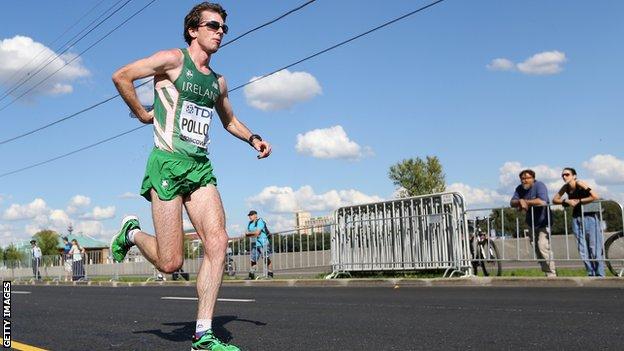
Pollock career plagued by injuries
Pollock, whose career has been plagued by stress fractures, believes he can go quicker than the time he ran in Valencia, providing his body and confidence can hold up over the next month.
Pollock was astonished by that performance in Spain after injury had restricted him to running around 40 miles a week for much of his build-up, allied to work on the gym bike. It led to something of a lightbulb moment.
He added: “To be honest, I can get very fit on the bike and that kind of proved the case in Valencia, that you don’t have to be running 100 miles every week. You can get away with a lot, lot less.
“And while, it’s a bit funny for a Northern Irishman I actually enjoy running in the heat.
“From my point of view, it makes a race more of an equal playing field, where mentality comes into it rather than physical and it slows down those 2:02 and 2:03 marathon runners. Tactics come into it a bit more.”
Seaward’s cautious tactics in the Gold Coast heat almost yielded him a Commonwealth Games medal and he, and coach Andy Hobdell – who also guides Pollock’s career – will most likely adopt a similar gameplan in Sapporo.
“Andy will say ‘top 25’ and we’ll get a race plan together and have the confidence to execute that and hopefully that will be enough to see me moving through the field in the second half – and anything is really possible after that,” he added.
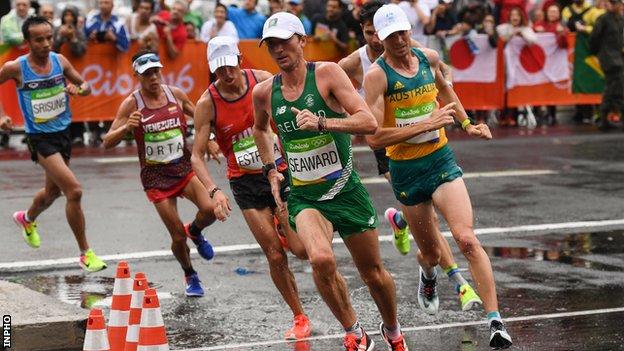
‘I’m a teacher – what am I doing here?’
Five years ago, Seaward says he arrived in Rio scarcely believing he was set to become an Olympian. A desire to do himself justice saw him overdo training in the fortnight before the Games, which he believes contributed to the bug that affected him on race day.
He said: “I was thinking ‘I’m a teacher…..what am I doing here?’. I got caught up a lot in the hype and buzz around it.
“Maybe in some ways, I worked myself up too much and maybe pushed myself too hard, particularly when we were out there.
“This time, I’m much more relaxed about it and training has been going well.
“When I get there it’s going to be almost three weeks out and you’re not going to gain lots on your fitness three weeks out, especially in marathon training.
“It’s about being sensible in what you do, respecting the conditions and enjoying the environment and atmosphere that you are in – and remembering it’s the greatest show on earth and you are privileged to be there.”


